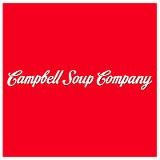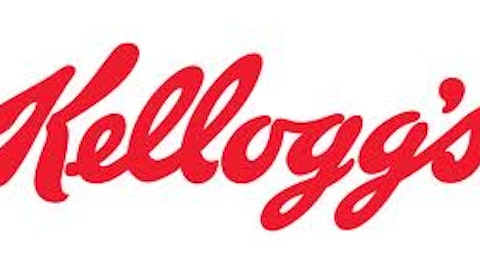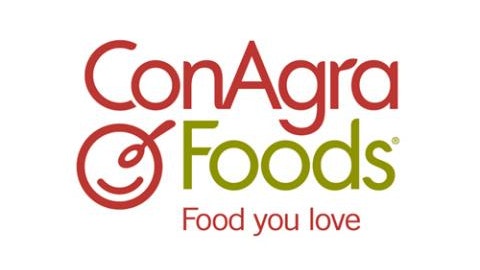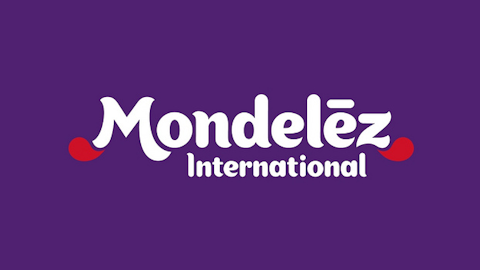The KEELEY Mid Cap Dividend Value Fund is one of this year’s best performing equity income mutual funds. With a total return of 13.45% so far this year, the fund ranks third best in its category, according to Wall Street Journal’s “Mutual Fund Scorecards” application. The fund owes its top performance to a select group of dividend stocks of undervalued mid-cap companies with market capitalization between $1.5 billion and $15 billion. The fund’s current strong performance fits the fund’s investment approach that seeks to accomplish “above average long-term results with less volatility due to the application of a value-oriented investment style.” All stocks are picked following a bottom-up, fundamental approach. More information about the fund’s profile can be found here.
With focus on KEELEY Mid Cap Dividend Value Fund’s top performers, here is a closer look at five value stocks with dividend yields above 2.0% and a strong price momentum from the beginning of the year. These stocks boast attractive fundamentals and could see additional gains in the future.
Campbell Soup Company (NYSE:CPB) is a convenience food products company selling a diverse mix of products, from soups, broth and stocks, to canned poultry, juices and beverages, bakery products, and frozen foods. The company has a dividend yield of 2.8%, s payout ratio of 45%, and a five-year annualized dividend growth of 6.7%. Due to the higher dividend taxation in 2013, the company paid an accelerated dividend in December of last year in lieu of the quarterly dividend that would have been paid in April 2013.
The company has beaten analysts’ estimates in the past eight quarters. In its latest quarter, Campbell Soup Company (NYSE:CPB) saw its revenue grow by 10% year-over-year, driven mainly by growth in sales from its acquisition of Bolthouse Farms. Campbell projects a 10%-to-12% increase in sales this fiscal year, which exceeds the company’s long-term net sales target CAGR of 3%-to-4%.
Fiscal 2013 adjusted EPS is guided to a range of $2.51-to-$2.57 per share, an increase of between 3% and 5% from the year earlier. Campbell Soup Company (NYSE:CPB) aims to achieve growth through brand building and innovation as well as by boosting performance through cost cutting and margin expansion. The stock is up 22.4% year-to-date, and it is trading at a forward P/E of 15.9x, below the food industry’s forward multiple of 17.8x. Last quarter, RenTech’s Jim Simons was bullish about this stock.
Ryder System, Inc. (NYSE:R) the largest U.S. truck rental, supply chain management and fleet management services company, has a dividend yield of 2.0%, a payout ratio of 26%, and a five-year annualized dividend growth of 7.2%. The company has been a strong performer this year, with its stock price rising 16.6% year-to-date.
The increase in stock price is a result of a better-than-expected 2013 financial guidance, buoyed by a recovering U.S. economy that will support lease renewals. Improved rates and reduced maintenance costs will also bode well for the company’s growth. Interestingly, Ryder System, Inc. (NYSE:R) sees potential in natural gas-fueled vehicles, expanding the availability of environmentally friendly vehicles running on natural gas in several markets. Given the trends in the natural gas market, with ample supplies of cheap natural gas, Ryder’s bet looks promising.
The company expects its revenues to grow 3.9% this year, with EPS projected to expand between 7% and 10% to a range of $4.70-$4.85. The stock is good value, as it trades at 12.8 times forward earnings. Ryder’s peer Con-way Inc (NYSE:CNW) is trading at 16.1 times forward earnings, below the trucking industry’s forward multiple of 19.3x. Last quarter, Ryder System, Inc. (NYSE:R) was a holding in value investor Chuck Royce’s portfolio.
BOK Financial Corporation (NASDAQ:BOKF), a regional Southwestern bank with operations in Oklahoma, Texas, New Mexico, Arkansas, Colorado, Arizona, Kansas, and Missouri, has a dividend yield of 2.4% and a payout ratio of 33%. Its five-year annualized dividend growth is 25.8%.
BOK Financial has a diverse revenue base and boasts strong liquidity and adequate capitalization. It has greatly benefited from the expanding local economies in its region, driven by the flourishing energy sector. The company’s earnings hit record levels last year, boosted by especially commercial loans, strong mortgage banking and brokerage revenues. Loan growth last year was about 9.0% year-over-year.
While the bank has seen improving credit quality trends—a positive development that has resulted in lower loan loss provisions, which is boosting the bank’s bottom line—BOK Financial expects to see a continuing pressure on net interest margins this year. The bank’s ROE of 12.2% is much higher than the industry average of 8.1%.
BOK Financial is trading at a 40% premium to its book value and its industry’s price-to-book; however, its price-to-book is on par with its long-term average. The stock is up 14.6% year-to-date. Last quarter, Chuck Royce was also a BOK Financial shareholder.
Arthur J Gallagher & Co. (NYSE:AJG), an insurance broker and risk management services company, has a dividend yield of 3.5%, a payout ratio of 64%, and a five-year annualized dividend growth of 1.8%. The company has rallied some 16.1% so far this year, and it derives 75% of its revenues from the brokerage business and much of the remainder from the risk management business.
The company has seen robust revenue growth, with its combined brokerage and risk management adjusted sales rising 15% last year. Organic growth in base commissions and fees increased from 3.3% in 2011 to 4.7% in 2012.
The company’s CEO gave an encouraging outlook on the market, saying that in 2013 the firm sees “a rate environment that is still showing signs of firming in many lines, clients that are finding ways to grow their businesses even in these uncertain times, a strong M&A pipeline, and an operating environment where we can control our costs and improve our productivity.”
Arthur J Gallagher is trading at a price-to-book of 3.1x, versus 2.9x for the industry and the stock’s long-term average. However, based on EV/EBIDTAC, the company is trading at only 12.8x. Last quarter, Citadel’s Ken Griffin and Chuck Royce were hedge funders with largest stakes in the stock.
ConAgra Foods, Inc. (NYSE:CAG), a consumer and commercial foods company with brands in nearly 97% of American households, has a dividend yield of 2.9%, a payout ratio of 47%, and a five-year annualized dividend growth of 6.0%. The company completed its acquisition of Ralcorp Holdings in late January 2013, which now makes ConAgra, with annual sales estimated at $18 billion, one of the world’s 20 largest food producers.
The acquisition is accretive to earnings, which is reflected in ConAgra’s recent upside revision to its 2013 and 2014 EPS. The company now expects its 2013 EPS at $2.15, five cents better than its earlier guidance. However, as ConAgra’s debt has swollen with the acquisition of Ralcorp, the company will focus on aggressive debt reduction through 2015, which will result in the frozen dividend payout at $1.0 per share through that period.
On the other hand, the company is expanding operations through a joint venture in the flour-milling sector. Given all these changes, analysts are forecasting the company’s EPS CAGR at 10.7% for the next five years. The stock, which has rallied 19% so far this year, is priced at 15.1 times forward earnings, which is below the food products industry’s forward multiple of 17.8x. Last quarter, Ken Griffin was bullish about ConAgra.
In short, the KEELEY Mid Cap Dividend Value Fund is one of the best places for piggyback investors to find investment ideas, and it’s always important to pay attention to the world’s best money managers. Though each of the companies discussed here operate in different industries, they have served as strong income plays with price momentum as a bonus. Campbell Soup Company (NYSE:CPB) is still a value play despite its superb appreciation year-to-date, while Ryder and Arthur J Gallagher have solid tailwinds pushing their sails. ConAgra and BOK Financial, meanwhile, aren’t superb value plays, but each offers solid benefits for any income investors seeking stocks that have performed well lately.
Disclosure: none




